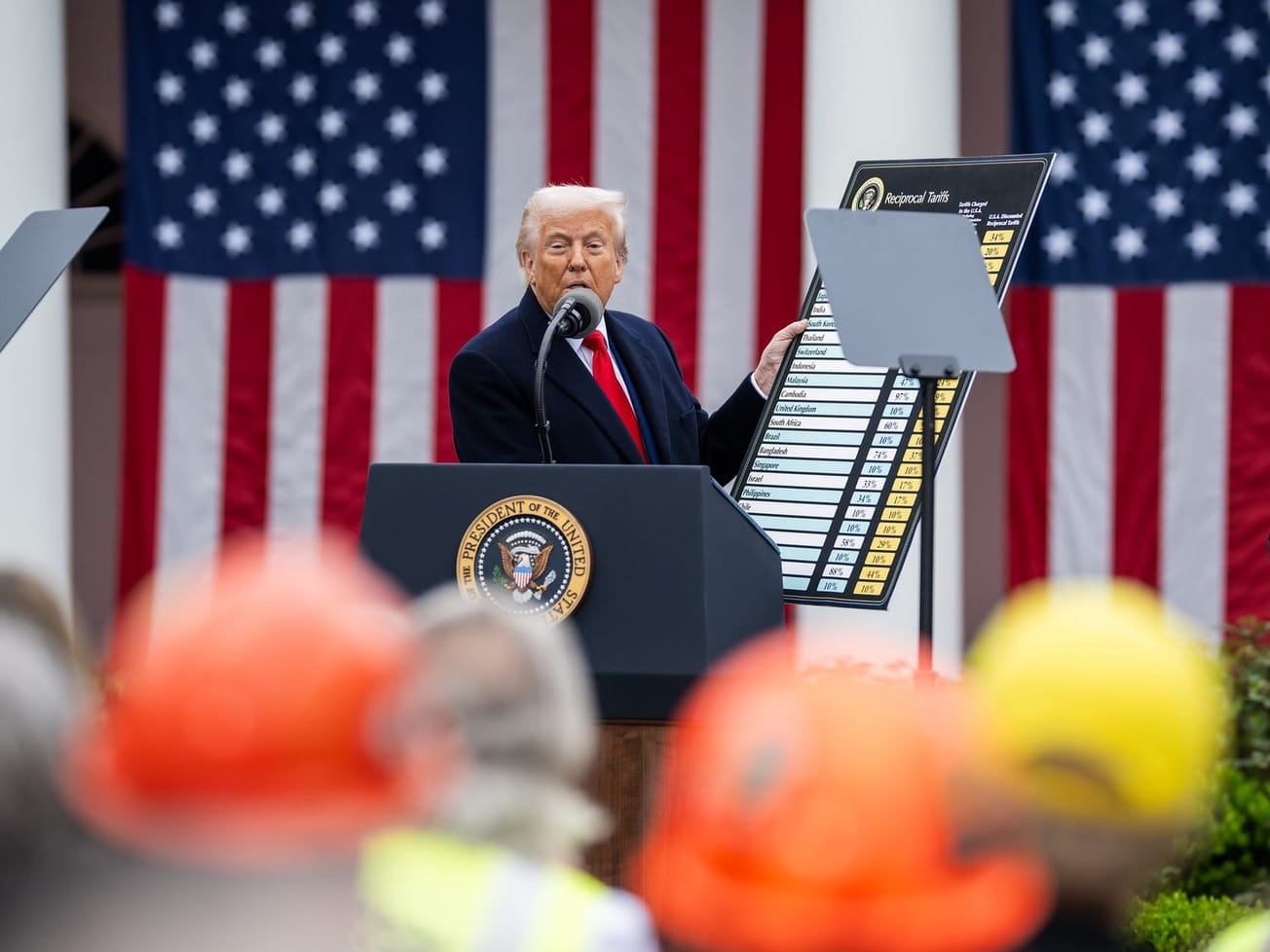Four anti-poverty international organizations called on G-20 finance ministers to cancel debts in poor nations on Thursday, saying that will free up money for public health spending needed to fight the COVID-19 pandemic.
Oxfam International, Christian Aid, Global Justice Now and the Jubilee Debt Campaign said developing countries need substantial debt relief to deal with the pandemic-fueled health and economic crises.









